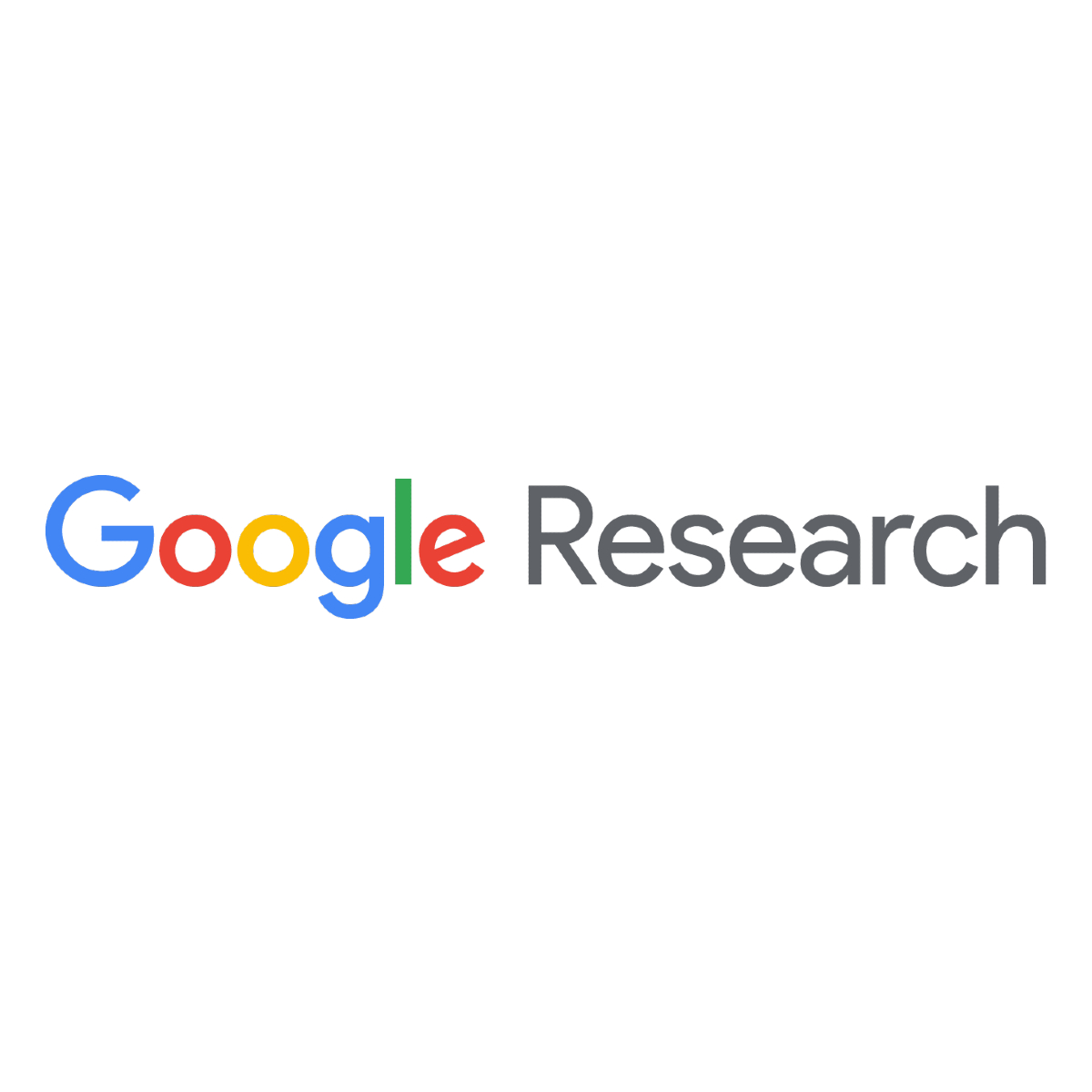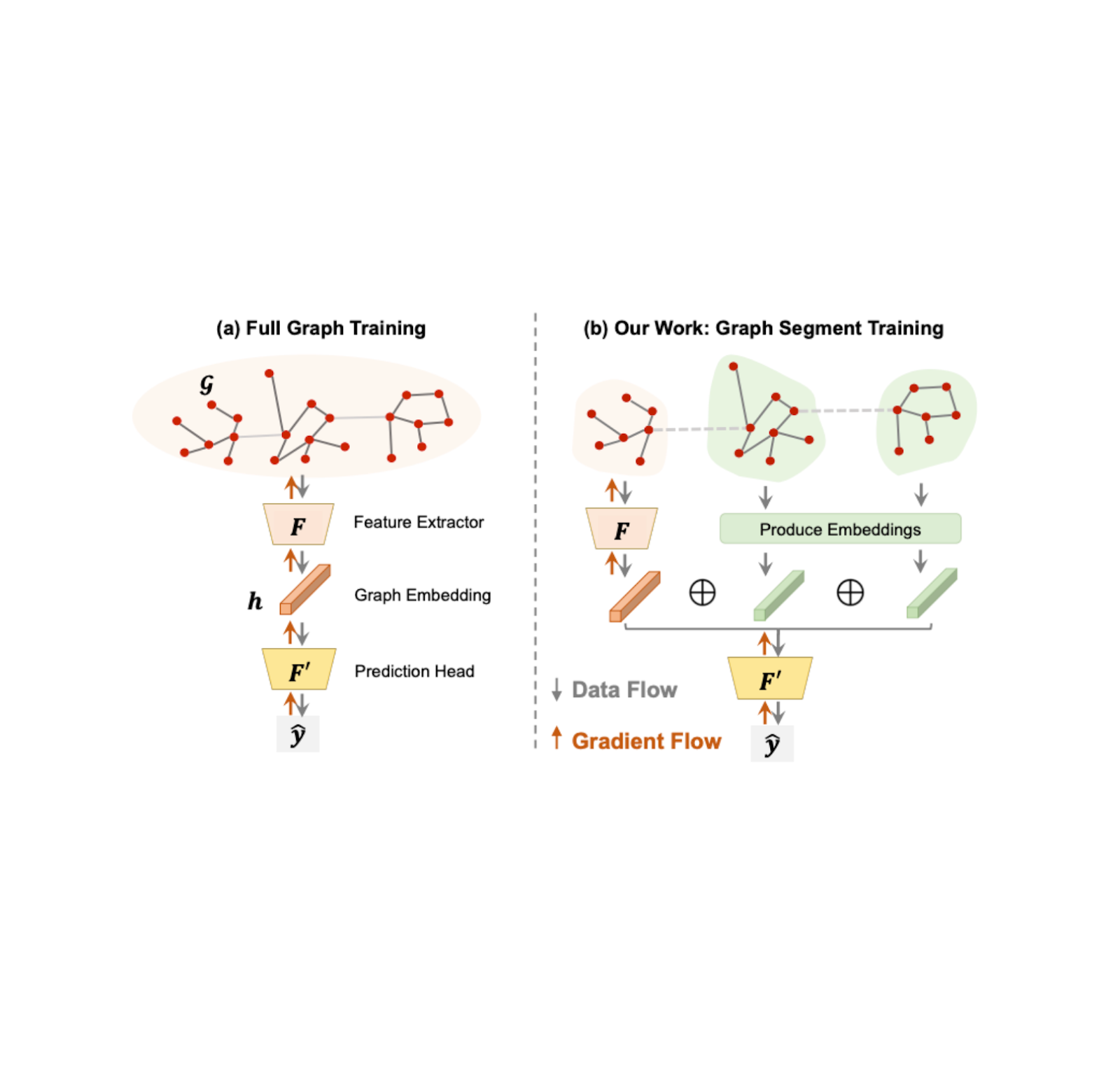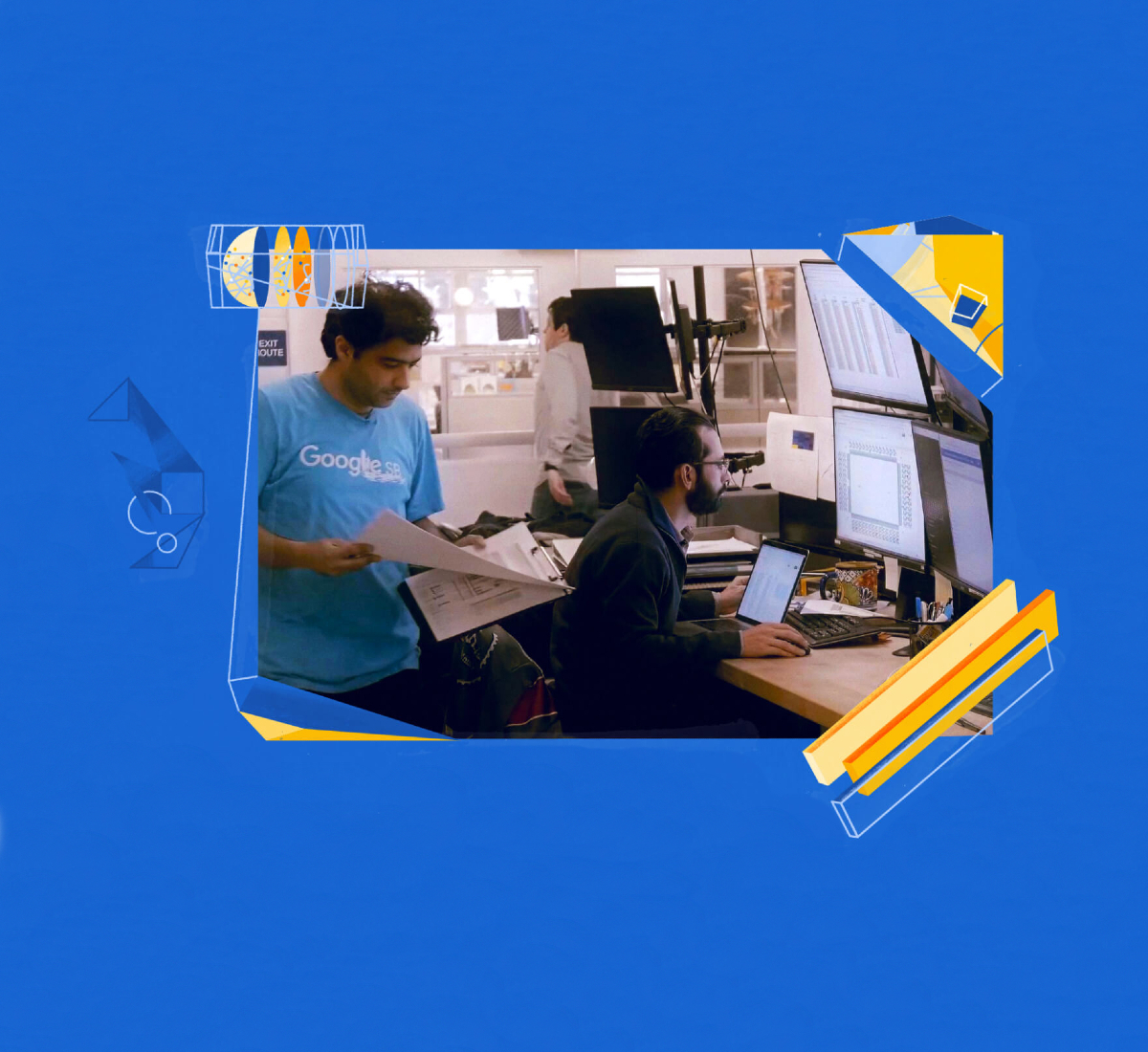
Emerging practices for Society-Centered AI
November 17, 2023
Posted by Anoop Sinha, Research Director, Technology & Society, and Yossi Matias, Vice President, Google Research
The first of Google’s AI Principles is to “Be socially beneficial.” As AI practitioners, we’re inspired by the transformative potential of AI technologies to benefit society and our shared environment at a scale and swiftness that wasn’t possible before. From helping address the climate crisis to helping transform healthcare, to making the digital world more accessible, our goal is to apply AI responsibly to be helpful to more people around the globe. Achieving global scale requires researchers and communities to think ahead — and act — collectively across the AI ecosystem.
We call this approach Society-Centered AI. It is both an extension and an expansion of Human-Centered AI, focusing on the aggregate needs of society that are still informed by the needs of individual users, specifically within the context of the larger, shared human experience. Recent AI advances offer unprecedented, societal-level capabilities, and we can now methodically address those needs — if we apply collective, multi-disciplinary AI research to society-level, shared challenges, from forecasting hunger to predicting diseases to improving productivity.
The opportunity for AI to benefit society increases each day. We took a look at our work in these areas and at the research projects we have supported. Recently, Google announced that 70 professors were selected for the 2023 Award for Inclusion Research Program, which supports academic research that addresses the needs of historically marginalized groups globally. Through evaluation of this work, we identified a few emerging practices for Society-Centered AI:
- Understand society’s needs
Listening to communities and partners is crucial to understanding major issues deeply and identifying priority challenges to address. As an emerging general purpose technology, AI has the potential to address major global societal issues that can significantly impact people’s lives (e.g., educating workers, improving healthcare, and improving productivity). We have found the key to impact is to be centered on society’s needs. For this, we focus our efforts on goals society has agreed should be prioritized, such as the United Nations’ 17 Sustainable Development Goals, a set of interconnected goals jointly developed by more than 190 countries to address global challenges. - Collective efforts to address those needs
Collective efforts bring stakeholders (e.g., local and academic communities, NGOs, private-public collaborations) into a joint process of design, development, implementation, and evaluation of AI technologies as they are being developed and deployed to address societal needs. - Measuring success by how well the effort addresses society’s needs
It is important and challenging to measure how well AI solutions address society’s needs. In each of our cases, we identified primary and secondary indicators of impact that we optimized through our collaborations with stakeholders.
Why is Society-Centered AI important?
The case examples described below show how the Society-Centered AI approach has led to impact across topics, such as accessibility, health, and climate.
Understanding the needs of individuals with non-standard speech
There are millions of people with non-standard speech (e.g., impaired articulation, dysarthria, dysphonia) in the United States alone. In 2019, Google Research launched Project Euphonia, a methodology that allows individual users with non-standard speech to train personalized speech recognition models. Our success began with the impact we had on each individual who is now able to use voice dictation on their mobile device.
Euphonia started with a Society-Centered AI approach, including collective efforts with the non-profit organizations ALS Therapy Development Institute and ALS Residence Initiative to understand the needs of individuals with amyotrophic lateral sclerosis (ALS) and their ability to use automatic speech recognition systems. Later, we developed the world’s largest corpus of non-standard speech recordings, which enabled us to train a Universal Speech Model to better recognize disordered speech by 37% on real conversation word error rate (WER) measurement. This also led to the 2022 collaboration between the University of Illinois Urbana-Champaign, Alphabet, Apple, Meta, Microsoft, and Amazon to begin the Speech Accessibility Project, an ongoing initiative to create a publicly available dataset of disordered speech samples to improve products and make speech recognition more inclusive of diverse speech patterns. Other technologies that use AI to help remove barriers of modality and languages, include live transcribe, live caption and read aloud.
Focusing on society’s health needs
Access to timely maternal health information can save lives globally: every two minutes a woman dies during pregnancy or childbirth and 1 in 26 children die before reaching age five. In rural India, the education of expectant and new mothers around key health issues pertaining to pregnancy and infancy required scalable, low-cost technology solutions. Together with ARMMAN, Google Research supported a program that uses mobile messaging and machine learning (ML) algorithms to predict when women might benefit from receiving interventions (i.e., targeted preventative care information) and encourages them to engage with the mMitra free voice call program. Within a year, the mMitra program has shown a 17% increase in infants with tripled birth weight and a 36% increase in women understanding the importance of taking iron tablets during pregnancy. Over 175K mothers and growing have been reached through this automated solution, which public health workers use to improve the quality of information delivery.
These efforts have been successful in improving health due to the close collective partnership among the community and those building the AI technology. We have adopted this same approach via collaborations with caregivers to address a variety of medical needs. Some examples include: the use of the Automated Retinal Disease Assessment (ARDA) to help screen for diabetic retinopathy in 250,000 patients in clinics around the world; our partnership with iCAD to bring our mammography AI models to clinical settings to aid in breast cancer detection; and the development of Med-PaLM 2, a medical large language model that is now being tested with Cloud partners to help doctors provide better patient care.
Compounding impact from sustained efforts for crisis response
Google Research’s flood prediction efforts began in 2018 with flood forecasting in India and expanded to Bangladesh to help combat the catastrophic damage from yearly floods. The initial efforts began with partnerships with India’s Central Water Commission, local governments and communities. The implementation of these efforts used SOS Alerts on Search and Maps, and, more recently, broadly expanded access via Flood Hub. Continued collaborations and advancing an AI-based global flood forecasting model allowed us to expand this capability to over 80 countries across Africa, the Asia-Pacific region, Europe, and South, Central, and North America. We also partnered with networks of community volunteers to further amplify flood alerts. By working with governments and communities to measure the impact of these efforts on society, we refined our approach and algorithms each year.
We were able to leverage those methodologies and some of the underlying technology, such as SOS Alerts, from flood forecasting to similar societal needs, such as wildfire forecasting and heat alerts. Our continued engagements with organizations led to the support of additional efforts, such as the World Meteorological Organization's (WMO) Early Warnings For All Initiative. The continued engagement with communities has allowed us to learn about our users' needs on a societal level over time, expand our efforts, and compound the societal reach and impact of our efforts.
Further supporting Society-Centered AI research
We recently funded 18 university research proposals exemplifying a Society-Centered AI approach, a new track within the Google Award for Inclusion Research Program. These researchers are taking the Society-Centered AI methodology and helping create beneficial applications across the world. Examples of some of the projects funded include:
- AI-Driven Monitoring of Attitude Polarization in Conflict-Affected Countries for Inclusive Peace Process and Women’s Empowerment: This project’s goal is to create LLM-powered tools that can be used to monitor peace in online conversations in developing nations. The initial target communities are where peace is in flux and the effort will put a particular emphasis on mitigating polarization that impacts women and promoting harmony.
- AI-Assisted Distributed Collaborative Indoor Pollution Meters: A Case Study, Requirement Analysis, and Low-Cost Healthy Home Solution for Indian Communities: This project is looking at the usage of low-cost pollution monitors combined with AI-assisted methodology for identifying recommendations for communities to improve air quality and at home health. The initial target communities are highly impacted by pollution, and the joint work with them includes the goal of developing how to measure improvement in outcomes in the local community.
- Collaborative Development of AI Solutions for Scaling Up Adolescent Access to Sexual and Reproductive Health Education and Services in Uganda: This project’s goal is to create LLM-powered tools to provide personalized coaching and learning for users' needs on topics of sexual and reproductive health education in low-income settings in Sub-Saharan Africa. The local societal need is significant, with an estimated 25% rate of teenage pregnancy, and the project aims to address the needs with a collective development process for the AI solution.
Future direction
Focusing on society’s needs, working via multidisciplinary collective research, and measuring the impact on society helps lead to AI solutions that are relevant, long-lasting, empowering, and beneficial. See the AI for the Global Goals to learn more about potential Society-Centered AI research problems. Our efforts with non-profits in these areas is complementary to the research that we are doing and encouraging. We believe that further initiatives using Society-Centered AI will help the collective research community solve problems and positively impact society at large.
Acknowledgements
Many thanks to the many individuals who have worked on these projects at Google including Shruti Sheth, Reena Jana, Amy Chung-Yu Chou, Elizabeth Adkison, Sophie Allweis, Dan Altman, Eve Andersson, Ayelet Benjamini, Julie Cattiau, Yuval Carny, Richard Cave, Katherine Chou, Greg Corrado, Carlos De Segovia, Remi Denton, Dotan Emanuel, Ashley Gardner, Oren Gilon, Taylor Goddu, Brigitte Hoyer Gosselink, Jordan Green, Alon Harris, Avinatan Hassidim, Rus Heywood, Sunny Jansen, Pan-Pan Jiang, Anton Kast, Marilyn Ladewig, Ronit Levavi Morad, Bob MacDonald, Alicia Martin, Shakir Mohamed, Philip Nelson, Moriah Royz, Katie Seaver, Joel Shor, Milind Tambe, Aparna Taneja, Divy Thakkar, Jimmy Tobin, Katrin Tomanek, Blake Walsh, Gal Weiss, Kasumi Widner, Lihong Xi, and teams.
-
Labels:
- Programs



